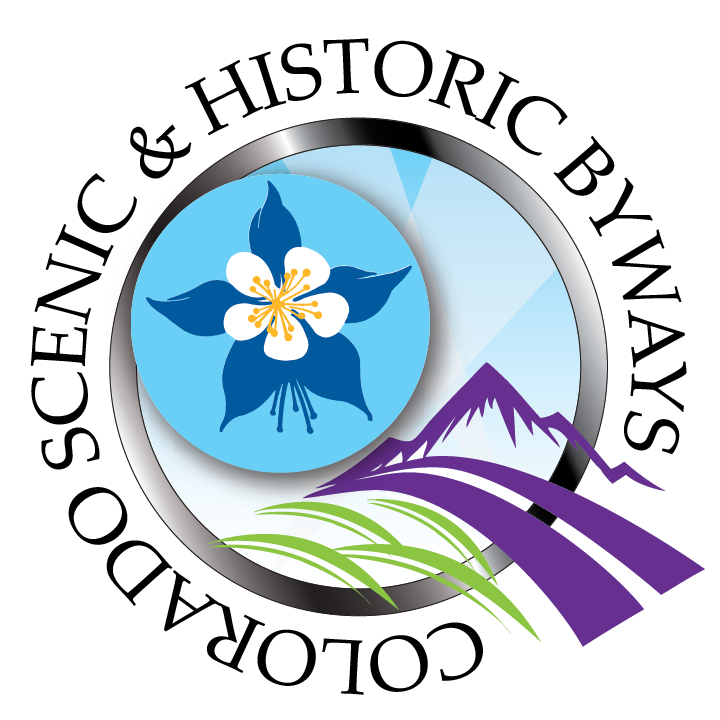CASE STUDY: CONSERVATION EASEMENTS AND THE CONSERVATION EASEMENT TAX CREDIT
Landowner: Boulder and White Rock Ditch and Reservoir Company
County: Boulder
Acres conserved under easement: 403
Benefits: Wetlands/habitat protection
Year conserved: 2023
Tax credits leveraged: Yes
Partner land trust: Ducks Unlimited
Other key partners: U.S. Fish and Wildlife Service (NAWCA)
Panama Reservoir: Wetlands Protection Maintains Essential Bird Habitat
Panama Reservoir is located in a highly developed and growing area in Boulder County. Functioning as a lake with peripheral wetlands and a perimeter of woodland, the reservoir receives high migratory and local water bird use throughout the year. If not protected, it would be an ideal area for "waterfront" housing - diminishing the property’s bird use and habitat value. As the primary source of irrigation water during the growing season for protected agricultural lands, the reservoir is also essential to the area’s agricultural activities, further increasing its open space benefit. Much of the area is protected by Boulder County conservation easements and, until recently, this was one of the last unprotected parcels.
““If not protected, it would be an ideal area for ’waterfront’ housing - diminishing the property’s bird use and habitat value.” ”
Voluntary Conservation
While the ditch company could have made far more money selling off lots for residential development due to the picturesque waterfront landscape, the board agreed that it wanted to protect Panama Reservoir. As many of the board members and their families have enjoyed the habitat this reservoir has provided over the years, they wanted to ensure it remained in its current state for generations to come. The ditch company’s decision to donate the easement has another far-reaching benefit: The donation is being used as required non-federal match to a North American Wetlands Conservation Act (NAWCA) grant that will result in over 10,000 more acres of conservation via wetland restorations and other habitat protection in Colorado, Wyoming and Nebraska.
Landowner Incentive: The State Tax Credit
The Boulder and White Rock Ditch and Reservoir Company is the first such company to use the tax credit since water organizations became eligible in 2022. Given the high prices the ditch company could have received had it sold the property, the tax credit further solidified the decision to conserve. The credit allowed the company to monetize some of the value of this extremely valuable land - maintaining responsibility to both its budgets and its customers (local irrigators).
Photo credit: Boulder and White Rock Ditch and Reservoir Company
Produced in partnership:













